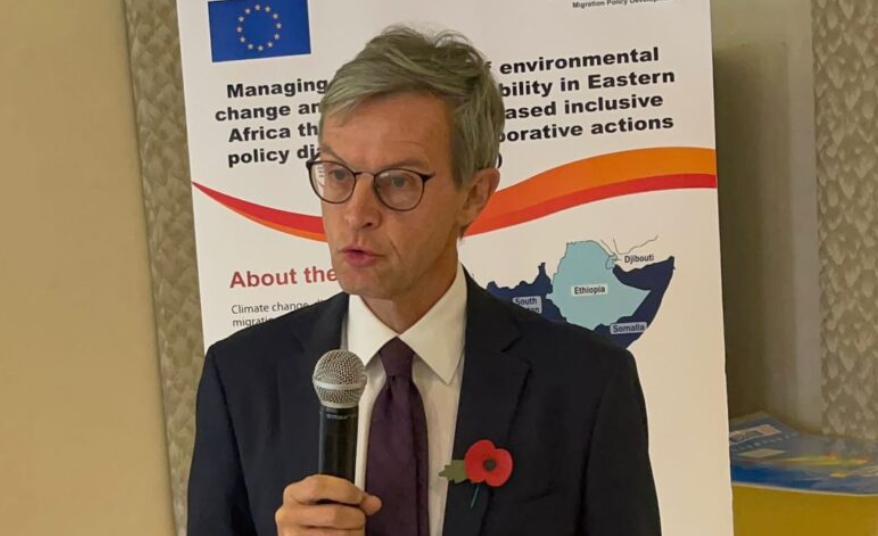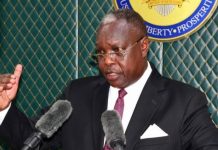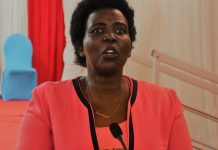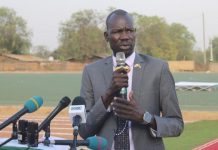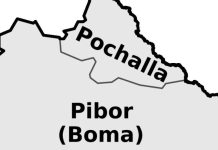Africa-Press – South-Sudan. The European Union has renewed its call for dialogue, a ceasefire, and full implementation of South Sudan’s 2018 Peace Agreement. The EU urged the country’s leaders to show renewed commitment to lasting peace and stability.
Speaking at the launch of the Managing the Impacts of Environmental Changes and Conflict on Mobility in Eastern Africa (MECMEA) project in Juba on Wednesday, the Deputy Head of the EU Delegation to South Sudan, Lothar Jaschke, warned that recurring violence in different parts of the country continues to cause immense human suffering and disrupt progress.
“The conflicts that we see popping up in many parts of the country bring immense human suffering. They have to stop,” he said.
Jaschke called on the Transitional Government of National Unity (TGoNU) to focus on key pending tasks under the peace roadmap. These include the unification of forces, drafting and adopting a permanent constitution, conducting a national population census, and organizing free and credible elections.
He also referenced recent discussions at the United Nations Security Council (UNSC) in New York, where the South Sudanese representative recommitted to the peace agreement as the only viable path forward.
“The UNSC discussion yesterday in New York sent clear messages, and I am glad that the South Sudanese representative recommitted to the peace agreement as the only way forward. Let us then walk the talk and prepare the key tasks of unification of forces, elections, constitution-making, and transitional justice,” he appealed.
Jaschke stressed that peace is the foundation for development and resilience, noting that without stability, efforts to address climate change, displacement, and humanitarian crises will remain limited.
South Sudan has been navigating a fragile peace since the signing of the Revitalized Agreement on the Resolution of the Conflict in the Republic of South Sudan (R-ARCSS) in 2018. The deal brought together rival factions following a brutal civil war that erupted in 2013 and 2016.
While the agreement led to the formation of the Transitional Government of National Unity in February 2020, the peace process has faced multiple delays, especially in the unification of national forces and implementation of security arrangements.
The transitional roadmap, initially set to culminate in elections by 2023, was extended first to December 2024 and later to 2026, amid calls from regional and international partners for genuine commitment to reforms.
Despite relative calm in some areas, intercommunal violence, political mistrust, and localized clashes continue to threaten stability and displace thousands. According to the UN, over 2.3 million South Sudanese remain internally displaced, while another 2 million live as refugees in neighbouring countries.
The European Union remains one of South Sudan’s leading development partners, supporting initiatives in peacebuilding, humanitarian relief, and climate resilience. Through projects like MECMEA, the EU seeks to help conflict-affected and displaced communities adapt to climate change, rebuild livelihoods, and strengthen social cohesion.
For More News And Analysis About South-Sudan Follow Africa-Press

